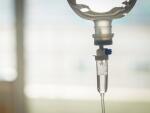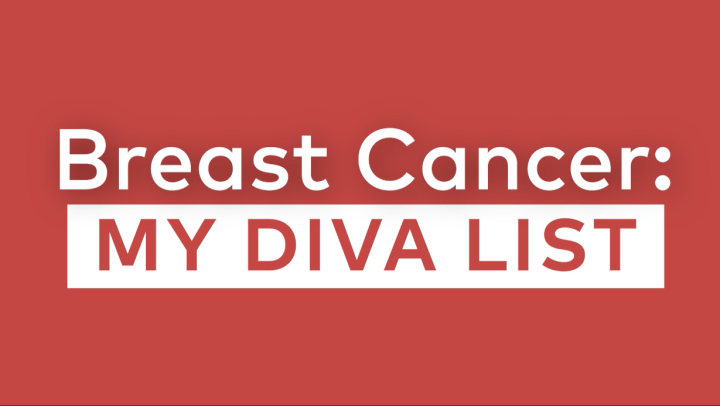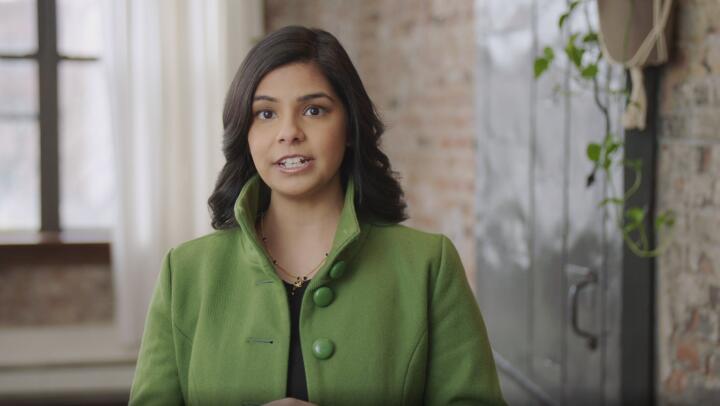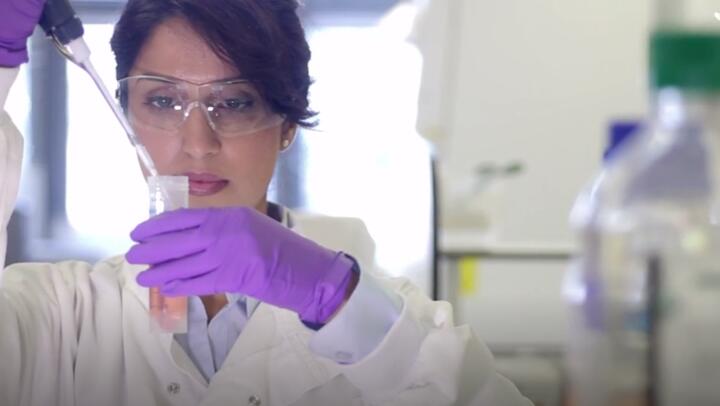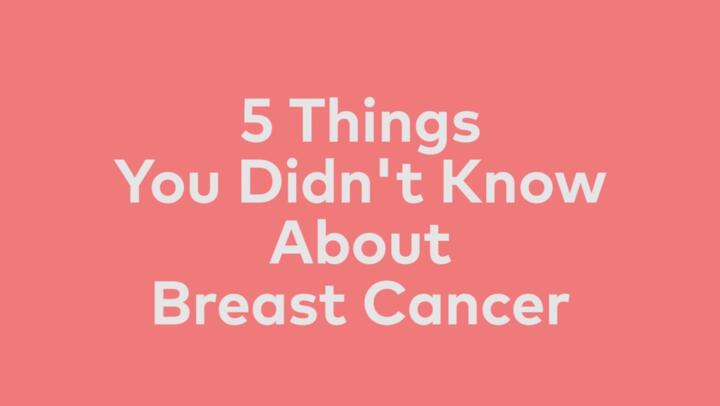10 Nutrition Tips During Cancer Treatment

Medically Reviewed By William C. Lloyd III, MD, FACS
Written By Jennifer Larson on July 24, 2021
-
 Eat well so you can recover more easily.It’s more important than ever to eat well when you’re going through cancer treatment. Your body is already vulnerable, so it needs every extra bit of nutritional oomph that you can give it.
Eat well so you can recover more easily.It’s more important than ever to eat well when you’re going through cancer treatment. Your body is already vulnerable, so it needs every extra bit of nutritional oomph that you can give it. -
 1. Eat a variety of foods.It may be tempting to rely only on a couple of favorite foods, especially if you’re not feeling well. But try to eat a variety of foods if you can. You are going to need a variety of nutrients to fight cancer, and the best way to get a variety of nutrients is by eating a variety of foods. You need protein, fat, carbohydrates, and fluids, as well as vitamins and minerals.
1. Eat a variety of foods.It may be tempting to rely only on a couple of favorite foods, especially if you’re not feeling well. But try to eat a variety of foods if you can. You are going to need a variety of nutrients to fight cancer, and the best way to get a variety of nutrients is by eating a variety of foods. You need protein, fat, carbohydrates, and fluids, as well as vitamins and minerals. -
-
 2. Load up on the fruits and veggies.A diet rich in fruits and vegetables is one of your best tools in your toolbox to fight cancer—and stay as healthy as possible. Try to eat at least five servings of fruits and veggies on an average day. Fortunately, you have a wealth of options in a rainbow of colors available to you, so hopefully you can find a few favorites. Make yourself a plate rich in colors like reds (tomatoes, watermelon), purples (plums, berries, grapes), oranges (carrots, peaches, pumpkin), and greens (asparagus, broccoli, spinach).
2. Load up on the fruits and veggies.A diet rich in fruits and vegetables is one of your best tools in your toolbox to fight cancer—and stay as healthy as possible. Try to eat at least five servings of fruits and veggies on an average day. Fortunately, you have a wealth of options in a rainbow of colors available to you, so hopefully you can find a few favorites. Make yourself a plate rich in colors like reds (tomatoes, watermelon), purples (plums, berries, grapes), oranges (carrots, peaches, pumpkin), and greens (asparagus, broccoli, spinach). -
 3. Increase your protein intake.Are you sure you’re getting enough protein in your diet? Protein helps your body repair damage to its tissue and helps you fight off infections. You might even need more protein than usual while you’re going through treatment, according to the American Cancer Society. Some tips for boosting your protein consumption include eating lean meats, drinking high-protein beverages, adding cheese to your plate, and drinking smoothies made with Greek yogurt. You could also snack on a hard-boiled egg.
3. Increase your protein intake.Are you sure you’re getting enough protein in your diet? Protein helps your body repair damage to its tissue and helps you fight off infections. You might even need more protein than usual while you’re going through treatment, according to the American Cancer Society. Some tips for boosting your protein consumption include eating lean meats, drinking high-protein beverages, adding cheese to your plate, and drinking smoothies made with Greek yogurt. You could also snack on a hard-boiled egg. -
 4. Love those legumes.Plant-based sources of protein like beans, lentils, nuts and tofu can be a great way to make sure you’re getting enough protein to help maintain your immune system’s health. You could nosh on a handful of nuts, or you could sprinkle nuts or sees on top of your cereal, yogurt or ice cream. Peanut butter or almond butter on whole wheat crackers is another tasty protein-packed option.
4. Love those legumes.Plant-based sources of protein like beans, lentils, nuts and tofu can be a great way to make sure you’re getting enough protein to help maintain your immune system’s health. You could nosh on a handful of nuts, or you could sprinkle nuts or sees on top of your cereal, yogurt or ice cream. Peanut butter or almond butter on whole wheat crackers is another tasty protein-packed option. -
 5. Try chilling or freezing your food.Many people undergoing cancer treatment complain about food tasting or smelling strange, even bitter or metallic. One way to reduce that unpleasant taste is by chilling or freezing your food. You can freeze fruit like grapes or watermelon to eat, or you could try adding fruit into a smoothie or milkshake to get some cool vitamins (and protein).
5. Try chilling or freezing your food.Many people undergoing cancer treatment complain about food tasting or smelling strange, even bitter or metallic. One way to reduce that unpleasant taste is by chilling or freezing your food. You can freeze fruit like grapes or watermelon to eat, or you could try adding fruit into a smoothie or milkshake to get some cool vitamins (and protein). -
-
 6. Drink plenty of fluids.Constipation is a very common side effect of the pain medications that many people take during cancer treatment. Your care team may suggest employing a series of strategies, the first of which is usually to increase the amount of fluid you’re drinking every day. Water, tea, even hot lemonade or prune juice will keep you hydrated and may help address the constipation issue.
6. Drink plenty of fluids.Constipation is a very common side effect of the pain medications that many people take during cancer treatment. Your care team may suggest employing a series of strategies, the first of which is usually to increase the amount of fluid you’re drinking every day. Water, tea, even hot lemonade or prune juice will keep you hydrated and may help address the constipation issue. -
 7. Make carbs work for you.Fruits and veggies provide this important source of energy for your body, but they’re not the only ones. Whole grains are another excellent source of carbs that can be easily incorporated into your diet. Try swapping out white pasta and breads for the whole grain version. But be sure to read labels carefully when you’re scouting out whole grain products—some products may indeed be 100% whole wheat, but that doesn’t mean they’re whole grain.
7. Make carbs work for you.Fruits and veggies provide this important source of energy for your body, but they’re not the only ones. Whole grains are another excellent source of carbs that can be easily incorporated into your diet. Try swapping out white pasta and breads for the whole grain version. But be sure to read labels carefully when you’re scouting out whole grain products—some products may indeed be 100% whole wheat, but that doesn’t mean they’re whole grain. -
 8. Sneak in a snack… or two.You might need extra calories and energy during your treatment, which makes snacking a very useful strategy for you. Also, if you’re having trouble getting three meals down every day, start spreading out your food intake into a larger series of smaller snacks.
8. Sneak in a snack… or two.You might need extra calories and energy during your treatment, which makes snacking a very useful strategy for you. Also, if you’re having trouble getting three meals down every day, start spreading out your food intake into a larger series of smaller snacks. -
 9. Choose reduced-fat or low-fat foods.Yes, your body needs some fat, so you don’t want to eliminate fat from your diet. But generally speaking, it’s better to opt for the lower-fat sources and eat the higher-fat versions more sparingly. Low-fat milk, yogurt and other dairy products are a good way to get the fat that you need without overdoing it. You can also choose monounsaturated fats like olive and canola oil, which are better for your heart than saturated fats and trans fats. However, if your doctor is concerned that you’re losing weight, you may be better off going with the full-fat versions.
9. Choose reduced-fat or low-fat foods.Yes, your body needs some fat, so you don’t want to eliminate fat from your diet. But generally speaking, it’s better to opt for the lower-fat sources and eat the higher-fat versions more sparingly. Low-fat milk, yogurt and other dairy products are a good way to get the fat that you need without overdoing it. You can also choose monounsaturated fats like olive and canola oil, which are better for your heart than saturated fats and trans fats. However, if your doctor is concerned that you’re losing weight, you may be better off going with the full-fat versions. -
 10. Consult your healthcare team.If you’re having trouble figuring out what to eat—or how much to eat—be sure to consult your healthcare team. They’ve worked with other patients undergoing cancer treatment and may have some additional helpful suggestions for you, depending on any side effects you’re experiencing. They can also make sure you maintain a healthy weight and aren’t developing any conditions that might impede your recovery.
10. Consult your healthcare team.If you’re having trouble figuring out what to eat—or how much to eat—be sure to consult your healthcare team. They’ve worked with other patients undergoing cancer treatment and may have some additional helpful suggestions for you, depending on any side effects you’re experiencing. They can also make sure you maintain a healthy weight and aren’t developing any conditions that might impede your recovery.
10 Nutrition Tips During Cancer Treatment












